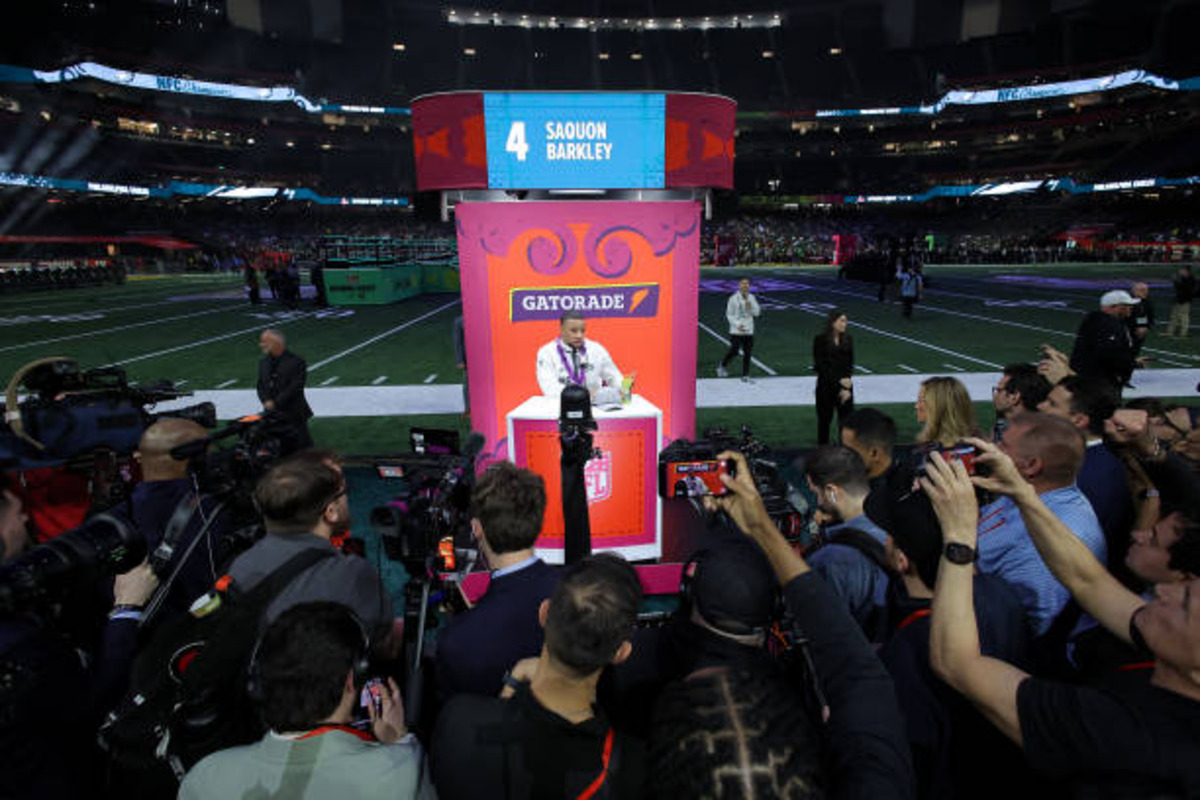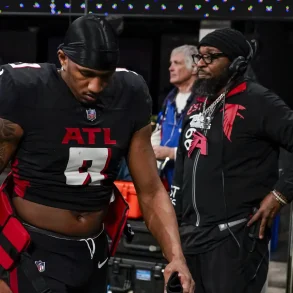The NFL’s potential shift from a 17-game to an 18-game regular season has ignited intense discussions surrounding player safety.
While the league sees an opportunity for increased revenue and fan engagement, players, coaches, and medical professionals express growing concerns over the physical toll such a change could impose.
The Push for Expansion
The NFL’s interest in an 18-game season isn’t new. League owners have long viewed it as a way to boost profits through additional ticket sales, expanded television contracts, and more advertising opportunities.
The current 17-game format, introduced in 2021, has already proven financially beneficial. Adding another game seems like the next logical step for the league’s business model.
Commissioner Roger Goodell has hinted at the possibility, suggesting that a longer season could be balanced by reducing preseason games.
However, this trade-off does little to alleviate concerns about the cumulative impact of more regular-season games, where the intensity and stakes are significantly higher.
Players’ Health at the Forefront
For players, the prospect of an 18-game season is daunting. The NFL is a physically demanding league where injuries are common, even in a shorter season.
Extending the schedule increases the risk of concussions, ligament tears, and long-term health issues like chronic traumatic encephalopathy (CTE).
“Every additional game is another chance for injury,” said J.J. Watt, a recently retired NFL star known for his durability and toughness. “It’s not just about the hits you see on TV. It’s the wear and tear on joints, the lingering soreness, and the mental grind.”
The NFL Players Association (NFLPA) has been vocal about these risks. They argue that while the league focuses on profit, it’s the athletes who bear the brunt of the consequences.
“Player safety can’t just be a slogan,” stated NFLPA Executive Director DeMaurice Smith. “It has to be reflected in every decision the league makes.”
Medical Concerns and Expert Opinions
Sports medicine experts also raise red flags. Dr. Bennet Omalu, a neuropathologist known for his work on CTE, warns that more games mean more opportunities for brain injuries.

“No helmet can prevent the brain from shaking inside the skull,” Omalu noted. “The more exposure to impacts, the greater the risk of permanent damage.”
While the NFL has implemented concussion protocols and advanced protective gear, experts argue that these measures can only do so much. The nature of football—high-speed collisions and intense physical contact—inherently carries risks that cannot be fully mitigated.
The Financial Tug-of-War
Despite health concerns, the financial incentives are hard to ignore. An 18-game season could generate billions in additional revenue. This money would benefit not just the owners but also players through increased salary caps and potential bonuses.
Some players, particularly those early in their careers or on the fringes of rosters, might support the move for financial reasons.
More games mean more opportunities to showcase their talents and earn performance-based pay. However, veteran players with established careers tend to be more cautious, valuing longevity over short-term gains.
The Future of the NFL Schedule
As discussions continue, the NFL faces a complex balancing act. The league must weigh the financial benefits against the ethical responsibility to protect its players. Negotiations with the NFLPA will be critical, as any schedule changes would require collective bargaining agreement amendments.
Fans, too, have mixed feelings. While many would welcome more football, there’s growing awareness of the physical sacrifices players make. The recent spotlight on concussions and player health has shifted public perception, making safety a more prominent issue than ever before.
In the end, the question remains: Is the thrill of an extra game worth the cost to player health? As the NFL navigates this debate, the answer will shape the future of the sport.







